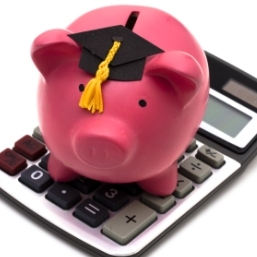 |
1. Apply for Scholarships
Don't miss your chance to finance your studies and even earn some extra cash. Check out our large registry of scholarships here, with tips on when and how to apply.
|
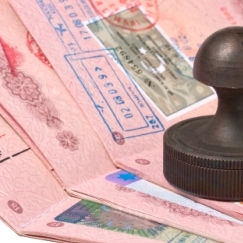 |
2. Find out whether you need a Visa
If you are a non-EU student then you will need a visa to come and study in the UK. To find out if you need one and how to apply for one, visit our section on visas.
|
 |
3. Arrange Accommodation
In order to get a head start on your accommodation search and save time and money by avoiding long stays at hostels after your arrival, check our updated listings as well as relevant FAQ.
|
 |
4. Check Term Dates
Visit your institution's website to check the academic calendar. By knowing exactly when your terms start and finish, you can easily plan your travels and book flights nice and early.
|
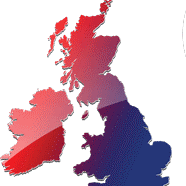 |
5. Read about Britain
Check our British Culture page to learn about the Royal Family, typical food, sports, weather conditions, holidays, stereotypes and slang in Britain to prepare yourself.
|
 |
6. Arrange your Travel
The earlier you book your flights, the cheaper they will be. Our Travel page contains information about various forms of transportation you can use to arrive in Britain, as well as cheap tickets.
|
 |
7. Prepare Appropriate Clothing
The weather in Britain is unpredictable at best and can quickly change from being cold and windy to warm and sunny whatever time of year it is. Thus, you will need a warm coat as well as waterproof clothing and shoes, but it might be cheaper to buy these once you arrive.
|
 |
8. Check your Electronics
The British electricity supply works on 240 volts/ 50 hertz (Hz), so make sure any electrical items you bring from home can be used safely on this voltage. Alternatively, buy a transformer. Note that most sockets in the U.K. fit 13 amp square pin fused plugs.
|
 |
9. Attend any Pre-departure Events
Some university alumni clubs will run send-off parties for new students. Your local British Council may also run meetings to discuss important aspects of life in the UK.
|
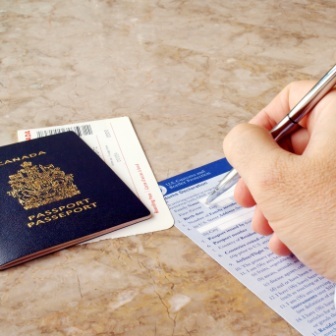 |
10. Check which Documents you need to Take
Different institutions will have specific requirements. In general, however, pack photographic identification, your passport, your offer letter, and proof of address. Some agencies will also require letters from previous landlords in order to let you rent a place.
|
 |
11. Take Enough Money
Either in cash or traveller's cheques, make sure you have enough money to cover custom charges, transportation costs and emergency expenses. Also, notice that airports usually charge higher fees for currency exchanges. Visit our Money page for currency exchange and to plan your student budget.
|
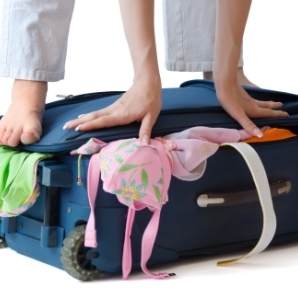 |
12. Find out your Baggage Allowance
In order to avoid last-minute problems at the airport, check your hand luggage and checked baggage regulations before you start packing.
|























